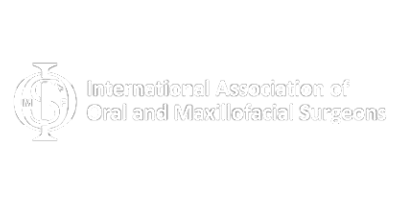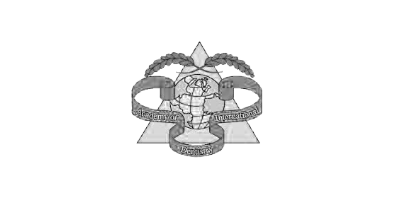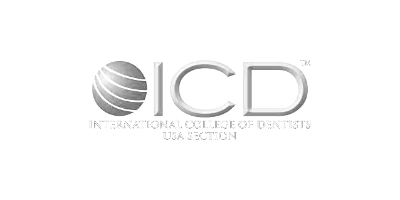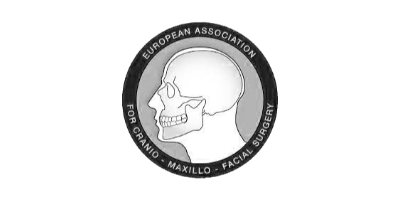Wisdom Teeth Removal
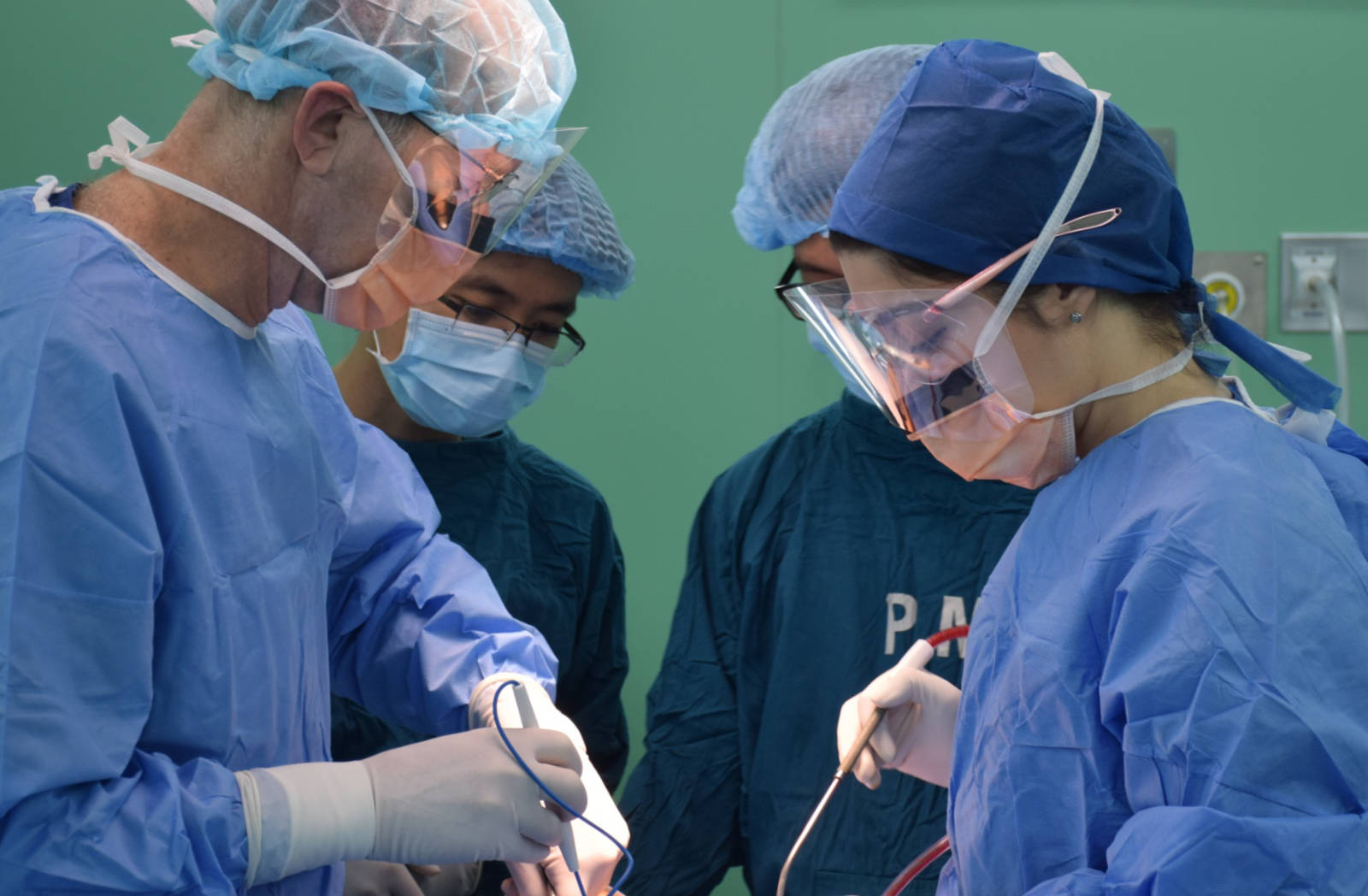
Impacted Wisdom Teeth Removal
Wisdom teeth, or third molars, are the last permanent teeth to erupt into the mouth. They usually appear between the ages of 17 and 25 years. Sometimes they appear many years later. Some people never develop wisdom teeth. Often, wisdom teeth have insufficient space to erupt into a healthy position and hence these are termed impacted wisdom teeth. They can cause many problems, including pain, infection, tooth decay in the wisdom tooth itself and in the adjacent second molar teeth and injury to the adjacent cheek mucous membrane and second molar teeth. Some wisdom teeth erupt normally into a healthy position and they usually do not need to be removed.
It’s important to note that even unseen (unerupted) wisdom teeth can cause problems. For example, a cyst may grow silently over years until finally discovered. Large cysts associated with impacted wisdom teeth can require a large surgical procedure to remove. Hence, it is recommended that wisdom teeth be evaluated early, usually during the mid to late-teen years. Early treatment can resolve both current problems and also prevent future serious problems.
The problem with wisdom teeth
When wisdom teeth are partially or completely trapped in the gum and jaw, they are called impacted. They can be difficult to clean and lead to gum infection, tooth decay and jaw cysts. Often impacted wisdom teeth can result in damage to adjacent teeth causing pain, infection and irritation to the cheek and gums.
As impacted wisdom teeth can begin creating problems well before they erupt or cause any outward symptoms, early evaluation and removal of wisdom teeth may be the best way to resolve and prevent future problems.
What to expect from wisdom teeth surgery
Impacted wisdom teeth are usually removed surgically under general anaesthesia in a hospital as a day-stay procedure. Patients will usually go home from hospital around two hours after surgery. Wisdom teeth that are judged easier to remove may be removed awake, under local anaesthesia in the office, if the patient is comfortable with that.
Recovery after wisdom teeth removal
It is common to experience some swelling and discomfort after the removal of wisdom teeth, and you may be limited to eating soft foods until the discomfort passes. Recovery time depends on many factors including age, overall health and the difficulty of the surgery. Dr Schenberg and his anaesthetists implement a range of techniques to ensure all patients have the least amount to pain, swelling and time off work or study. Painkillers and antibiotics are prescribed for wisdom teeth patients.
Further details regarding recovery will be supplied to all patients as a printed form following surgery. A review appointment after surgery is not needed. However, if you have any concerns with your healing after surgery, please contact our office for advice. Dr Schenberg will be happy to see you if there are any concerns.
This information has been designed to improve understanding regarding wisdom teeth removal and contains answers to many of the common questions. If you have any other questions not answered here or if you would like further explanations please ask Dr Schenberg or other members of staff.
